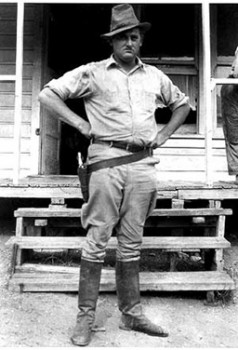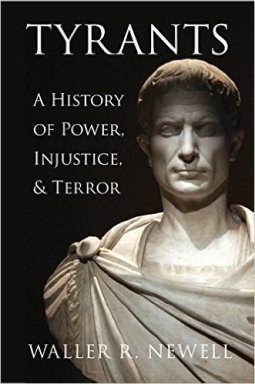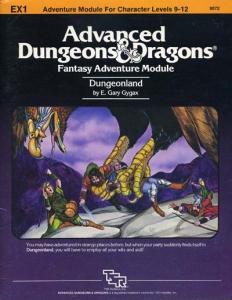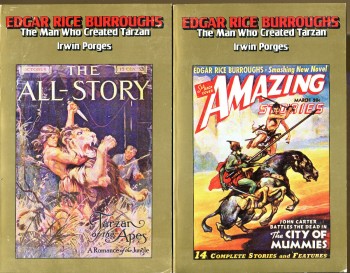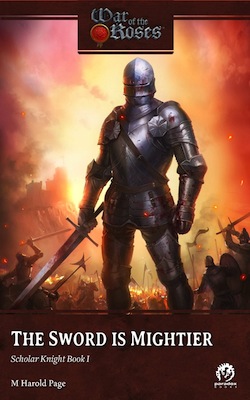A Story Checklist for Writers

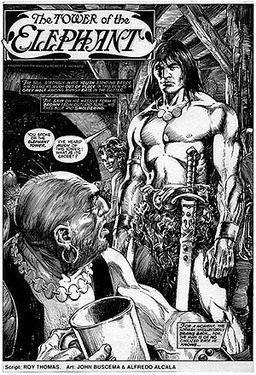
I read this book by a surgeon. It was called The Checklist Manifesto: How to Get Things Right and it was mildly terrifying (and I promise this relates to writing…).
Nowadays before an operation it’s the thing for — usually — a senior nurse to work through a list with items like: “Does the patient have any allergies? Has the anaesthetist raised any concerns…? Is this even the right patient for this operation..?” There are also checklists for emergency situations such as reviving somebody fished out of a pond to make sure critical injections aren’t missed.
Why this is mildly terrifying is because (a) checklists significantly raise patient survival rates, and (b) the medical profession has only recently adopted them! (It’s a bit like that time my doctor mate remarked, “Oh that was before we went over to evidence-based medicine….” Erk?)
Why this is interesting for writers — and why I’m talking about this book here — is because checklists help in situations when people are working “in flow.”
They were first developed because nobody could fly the B17 without crashing it. The test pilots got together and made up a list for the co-pilot to read out at different stages: “Engine revving enough? Flaps at right setting…?” Now checklists are pretty standard not just for the aviation industry, but also for manufacturing and construction.
Checklists work because they are not procedures. They don’t tell the surgeon, “cut along dotted line A” or the pilot, “Steer down the runway.” Rather they act as gates between different phases of a project or procedure. They don’t get in the way of flow, so much as force you to pause and take stock before getting going or moving on.
For a writer like me this is interesting because it’s all too easy to dive in too early to drafting — because flow is addictive — without planning properly, and even easier to send off work that’s not properly polished — because writing is both exhilarating and mentally tiring.
